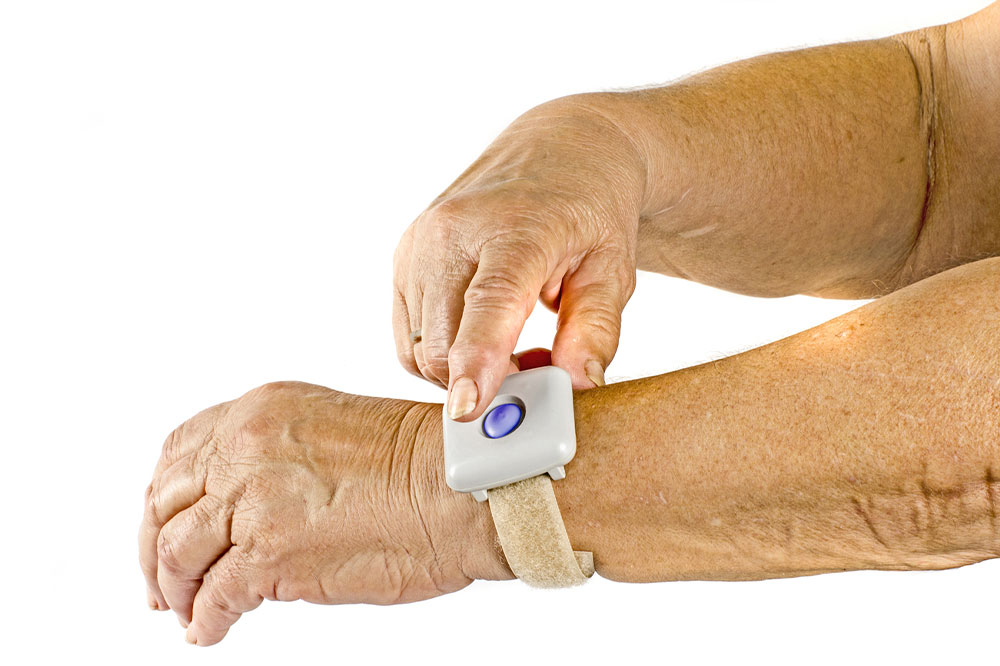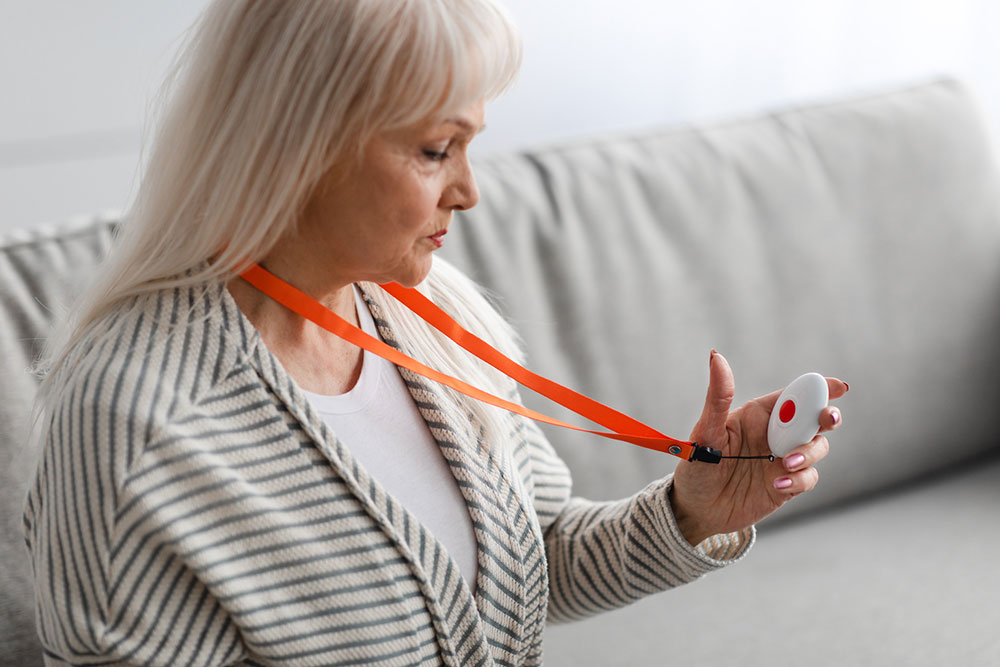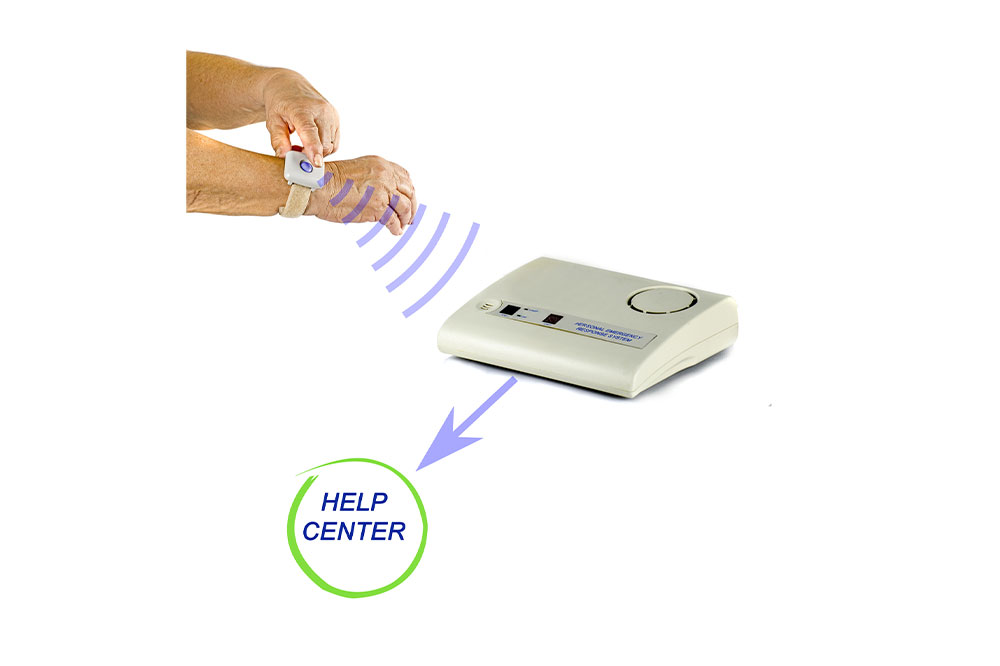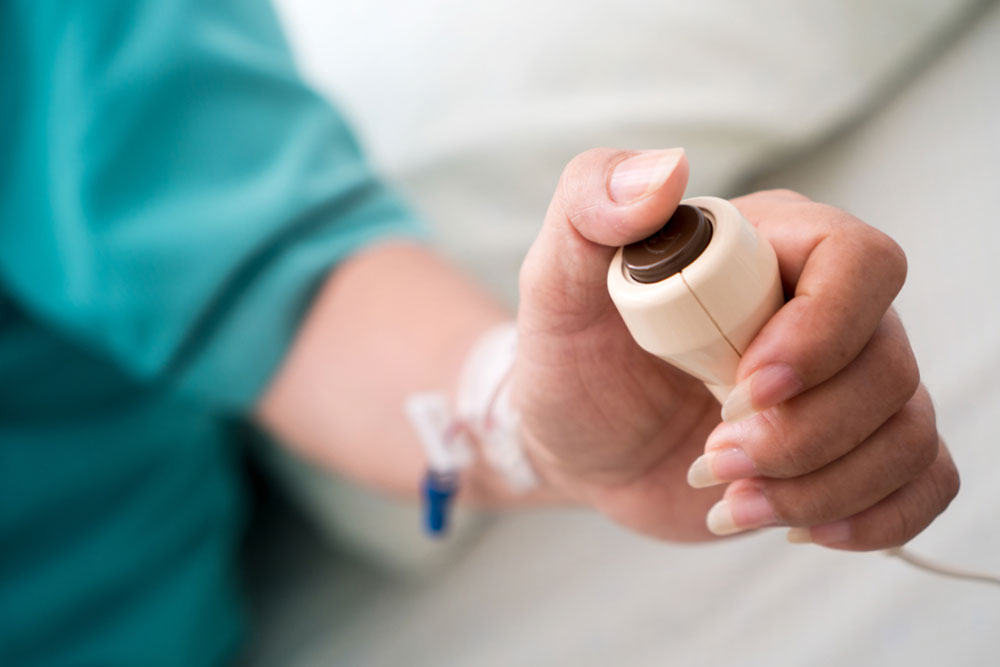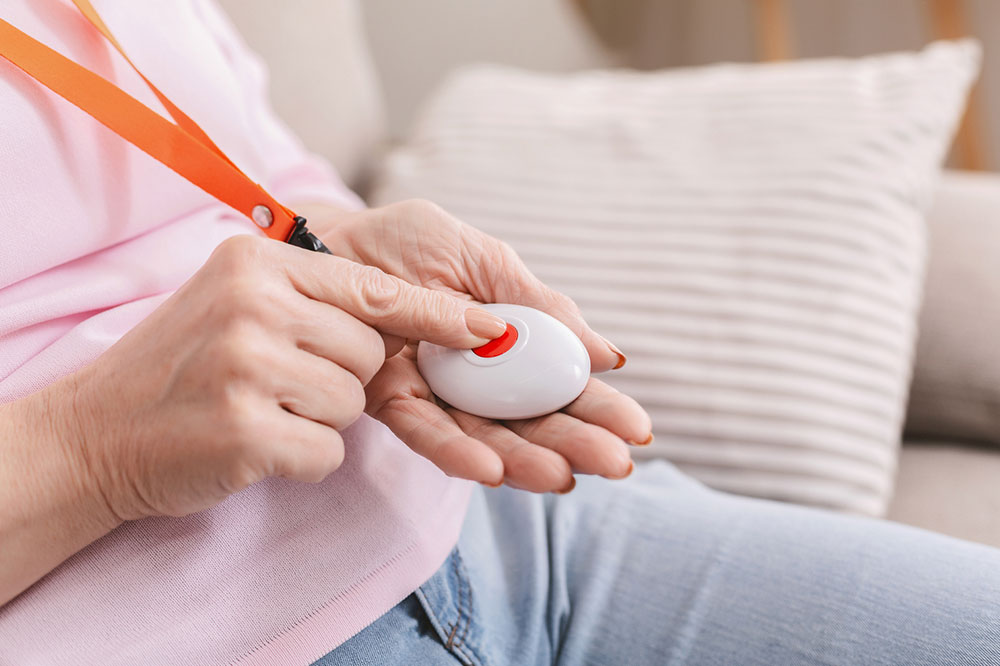Choosing the Right Medical Alert System for Seniors: Essential Factors for Safety and Convenience
Selecting the ideal medical alert device for seniors is essential for ensuring their safety and independence. This comprehensive guide explores vital considerations such as device type—home vs. mobile, water resistance, ease of operation, and fall detection. Understanding these features helps caregivers and seniors choose systems that provide quick access to emergency assistance anytime and anywhere, especially during emergencies. Reliable alert systems are critical in offering peace of mind, reducing risks of injuries, and enhancing the quality of life for elderly users living independently. Make informed choices based on individual needs to safeguard loved ones effectively.
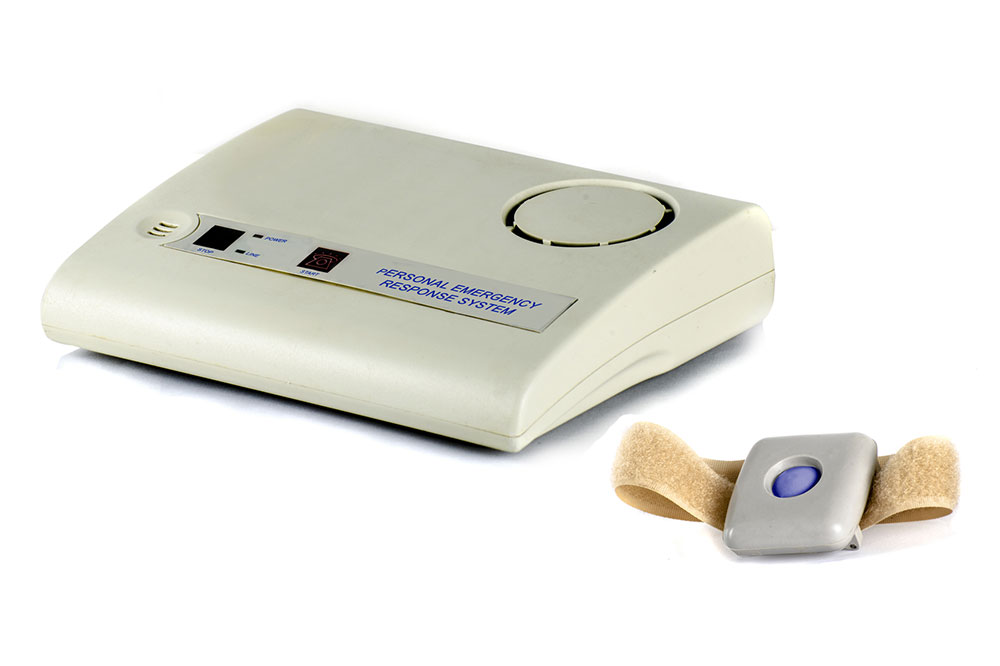
Choosing the Right Medical Alert System for Seniors: Essential Factors for Safety and Convenience
As individuals age, their natural defenses and overall health can gradually decline, making them more susceptible to various health issues, accidents, and emergencies. This vulnerability becomes especially critical during ongoing public health challenges like the Covid-19 pandemic, which emphasizes the importance of rapid access to medical support for seniors. Ensuring the safety of elderly loved ones involves investing in a reliable medical alert device tailored specifically for their needs. These gadgets are designed as wearable or stationary units that allow seniors to easily summon help during emergencies—simply by pressing a button, making them invaluable tools for independent living.
Home-Based Systems vs. Mobile Devices: Which is Better?
One of the first decisions when selecting a medical alert device is whether to opt for a fixed, home-based system or a portable, mobile alert unit. Home systems typically connect through landline or cellular networks and are designed to function indoors, usually installed around fixed locations in the house to monitor safety. These systems are ideal for seniors who spend most of their time at home but may be less suitable for active, on-the-go lifestyles. On the other hand, mobile alert devices are wearable gadgets, functioning independently of landlines or home Wi-Fi. They utilize cellular networks, allowing seniors to summon help from anywhere outside the home. Most mobile systems also incorporate GPS technology, enabling precise location tracking that can be relayed to emergency responders. When choosing between the two, consider factors such as mobility, daily routines, and the level of independence of the senior to ensure seamless emergency assistance no matter their location.
Water-Resistant and Durable Design
An essential feature for any medical alert device is water resistance. Accidents often happen in bathrooms or near water, making water-resistant units critical for continuous functionality. Whether it's a lightweight pendant, wristband, or a clip-on device, waterproof designs prevent damage from splashes, showers, or accidental submersion, ensuring the device remains operational when needed most. A durable, water-resistant alert device provides peace of mind, knowing help can be summoned even in the most challenging situations.
Simple Operation for Elderly Users
Ease of use is paramount when selecting a medical alert system for seniors. Devices with complicated interfaces or multiple steps to activate can frustrate users and hinder timely emergency responses. Ideal alert devices feature large, clearly labeled buttons, minimal buttons, and straightforward operation—allowing seniors to activate help swiftly and intuitively. Some devices even offer voice activation or one-touch access to emergency services, further simplifying the process and reducing anxiety during stressful situations.
Fall Detection and Automatic Alerts
Fall detection technology has become a crucial feature in modern medical alert devices. This capability uses sensors to recognize falls automatically, triggering an alert to emergency contacts or dispatching assistance without requiring the senior to manually press a button. It's especially vital for seniors who live alone or have mobility issues, as falls can lead to serious injuries if not promptly addressed. Devices equipped with fall detection enhance safety by ensuring help is offered immediately, even if the individual is immobilized after a fall. When selecting a device, prioritize models that combine ease of use with reliable fall detection to maximize safety and response times.
